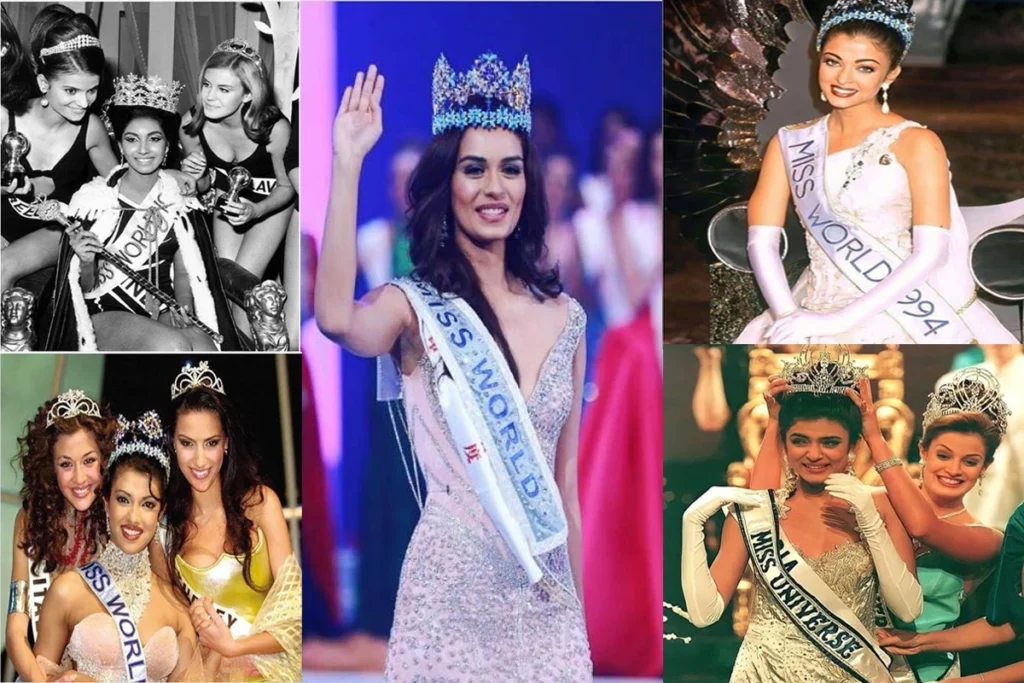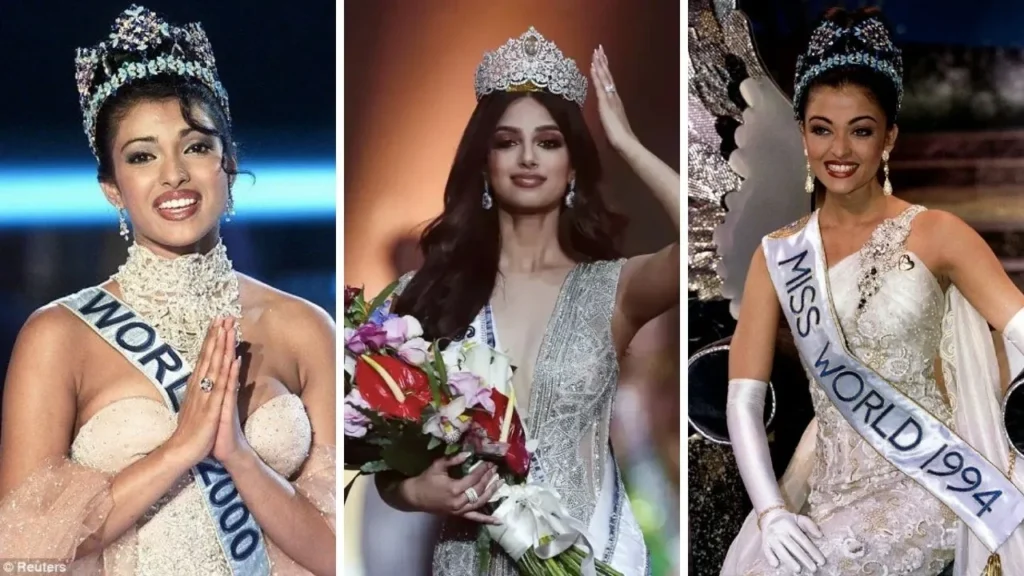As I sit down to reflect on the evolution of beauty pageants, I find myself drawn to the profound transformations these competitions have undergone over the years. From their humble beginnings to the present day, beauty pageants have evolved into platforms that celebrate diversity, empower women, and challenge societal norms. In this article, we’ll be going to discuss the evolution of beauty pageants. So continue reading this article to know more about it.
The Evolution Of Beauty Pageants. Here’s Everything You Need To Know!

My earliest memories of beauty pageants are rooted in the glamour and spectacle that unfolded on television screens. Growing up, these competitions were often criticized for perpetuating narrow beauty standards, emphasizing physical appearance over substance. However, the landscape has undergone a remarkable transformation, and beauty pageants have emerged as powerful agents of change.
The origins of beauty pageants can be traced back to the late 19th century, with the first recorded event taking place in 1854 in the United States. These early pageants were primarily focused on judging contestants based on their physical attributes, and the participants were often limited to a narrow definition of beauty that mirrored societal norms of the time. Over the decades, beauty pageants gained popularity, becoming a cultural phenomena that attracted widespread attention.
It wasn’t until the mid-20th century that beauty pageants began to witness subtle shifts in their approach. The Miss America pageant, one of the most iconic competitions, introduced scholarship awards in the 1940s, emphasising the importance of intelligence and talent alongside physical beauty. This shift marked a crucial turning point, setting the stage for a broader redefinition of beauty and the roles women played in society.
As we moved into the latter half of the 20th century, beauty pageants became increasingly contested spaces. Women began to challenge the restrictive norms imposed by these competitions, demanding a more inclusive and diverse representation of beauty. The feminist movements of the 1960s and 1970s played a pivotal role in reshaping the narrative surrounding beauty pageants. Contestants and activists alike criticized the contests for their perceived objectification of women and exclusionary beauty standards.
In response to this growing criticism, beauty pageants underwent a gradual transformation. Contest organizers recognized the need for change and began to incorporate elements that emphasized intelligence, talent, and social awareness. The inclusion of talent segments and interview rounds became common, allowing contestants to showcase their skills and articulate their thoughts on important issues.
The 21st century has seen beauty pageants evolve even further, with a heightened focus on diversity and inclusivity. The recognition that beauty is not confined to a specific mould has become a central tenet of modern pageantry. The Miss Universe pageant, for instance, has become a trailblazer in promoting diversity, encouraging contestants from a wide range of ethnicities, backgrounds, and body types to participate.

One of the most significant breakthroughs in recent years has been the dismantling of traditional beauty norms, challenging the notion that beauty can be measured by a narrow set of criteria. Beauty pageants have embraced contestants of various sizes, shapes, and ethnicities, reflecting a more accurate representation of the diverse world we live in. This shift is not only empowering for contestants but also sends a powerful message to audiences worldwide about the value of embracing individuality.
The inclusion of transgender contestants has been another crucial step towards greater inclusivity in beauty pageants. In 2012, the Miss Universe Organization made headlines by allowing transgender women to participate in the Miss Universe competition. This groundbreaking decision marked a significant departure from the exclusionary practices of the past, reinforcing the idea that beauty knows no gender.
Furthermore, beauty pageants have increasingly become platforms for social advocacy. Contestants are encouraged to champion causes close to their hearts, ranging from environmental issues to mental health awareness. This shift towards socially conscious pageantry underscores the evolving role of beauty queens as ambassadors for positive change. It’s no longer just about physical beauty; it’s about using the platform to make a meaningful impact on the world.
The impact of these changes extends beyond the pageant stage, influencing societal perceptions of beauty and worth. The visibility of diverse role models in the media challenges preconceived notions and fosters a more inclusive understanding of beauty. Young people, especially, are exposed to a broader spectrum of beauty standards, promoting self-acceptance and confidence irrespective of societal expectations.
In my journey of witnessing this evolution, I’ve come to appreciate the transformative power of beauty pageants. These competitions have moved beyond their superficial origins, evolving into platforms that celebrate individuality, intelligence, and advocacy. The women who participate are no longer merely contestants; they are ambassadors of change, challenging the status quo and inspiring others to do the same.
As we look towards the future, it’s essential to recognize the progress made and acknowledge the work that still lies ahead. While beauty pageants have made great strides in embracing diversity and inclusivity, there is always room for improvement. The ongoing dialogue around body positivity, racial representation, and equal opportunities remains crucial in ensuring that beauty pageants continue to evolve as positive forces for change.
Conclusion
The evolution of beauty pageants reflects broader societal shifts towards inclusivity and diversity. From their early days of narrow beauty standards to the present emphasis on intelligence, talent, and social advocacy, beauty pageants have come a long way. The transformation is not only evident in the diverse array of contestants but also in the changing narratives and values these competitions represent. Beauty pageants are no longer just about crowning a queen based on physical appearance; they are about celebrating the beauty of individuality and using the platform to drive positive change in the world.
